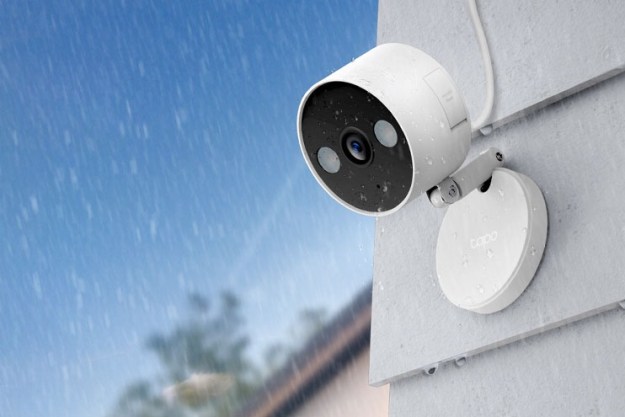Japan last year attracted a record 28.7 million visitors from overseas, and a tourism drive is aiming to push that to 40 million by 2020 when the Olympics comes to town.
As pressure increases on accommodation availability, the government has moved to regulate private room-rental services — made popular by the likes of Airbnb — with a new law coming into effect on June 15.
It means that anyone offering private accommodation for short-term rental has to get a permit from their local government before then.
But with many still in the process of applying for the permit, Airbnb last week delisted all of its Japan-based properties that have so far failed to secure the necessary paperwork from the authorities.
It’s led to nearly 80 percent of Airbnb’s accommodation listings in Japan disappearing from its website. So whereas travelers could previously choose from around 62,000 properties from across the country, now fewer than 14,000 are showing on the site.
Serious problem for travelers
But the problem has just gotten a whole lot more serious. Airbnb Japan said that, with just days to go before the law goes into effect, the Japanese government issued “a sudden announcement” instructing any host without the required permit “to cancel upcoming reservations that were booked before June 15 — even though many of these hosts are actively engaged in the registration process or awaiting their license.”
Airbnb called the government notice “a surprise” and claimed the information it received was different to what it’d been told before.
With thousands of people’s travel plans at risk, Airbnb met with the Japanese Tourism Agency (JTA) to try to find a way to minimize disruption for its community, but no solution has been found.
“The JTA indicated that we are required to cancel reservations at listings without a license number,” Airbnb said. The action will leave many travelers searching for new accommodation at short notice.
“Any reservation scheduled for guest arrival between June 15 and June 19 at a listing in Japan that does not currently have a license has been canceled,” Airbnb said. “Going forward, unless the government reverses its position, we will automatically cancel and fully refund any reservations at listings in Japan that have not been licensed.”
It added: “We are incredibly sorry. We know this stinks — and that’s an understatement.”
To deal with the matter, Airbnb has launched response plan that includes a $10 million support fund for any additional expenses incurred by travelers affected by a cancellation. This could include extra costs for new accommodation or fees for changing flight dates. A full refund and a $100 coupon for a future Airbnb trip will also be handed out to affected travelers.
The company is also offering around-the-clock assistance, available at 1-855-424-7262 or japanguestsupport@airbnb.com.
For more information on how to access support funds and other assistance, check out this Airbnb page.
Trouble for hosts, too
The new law is proving difficult for a number of hosts, too. Many are likely to take an income hit, as it stipulates that rentals can only be offered for a maximum of 180 days a year. In addition, if they live separately from their property, hosts now have to take on the services of a management company to operate the property.
Local governments also have the power to implement their own specific restrictions regarding private accommodation rentals, which could pose further difficulties for those operating such facilities.
The situation in Japan mirrors similar action taken by Airbnb in San Francisco in January when it delisted half of its listings in response to a new law there. Other cities around the world have also been implementing various measures in response to complaints from the hotel industry that see online platforms like Airbnb as a threat, as well as local residents in tourist hotspots that have seen long-term rental prices skyrocket as property owners remove rooms from the market and transfer them to the more profitable short-term rental market.
Updated on June 11: Included information about cancellations and the response plan.


